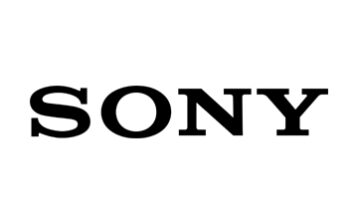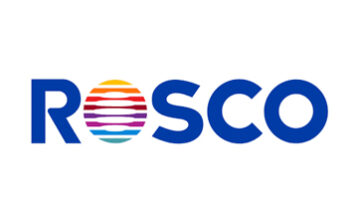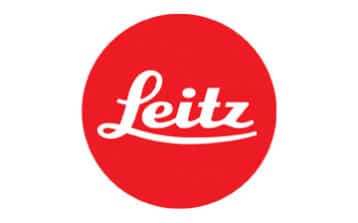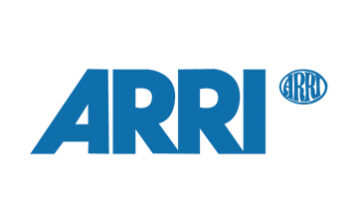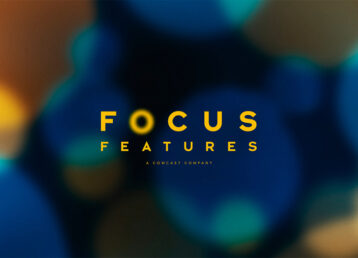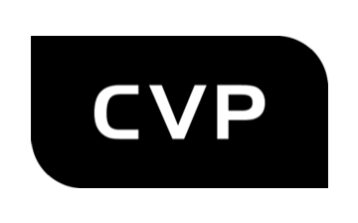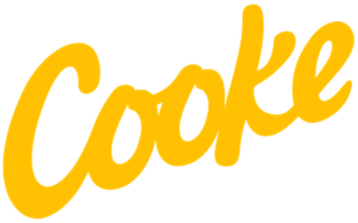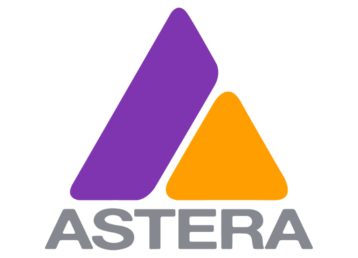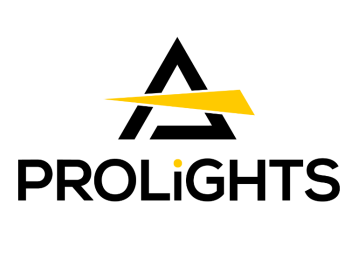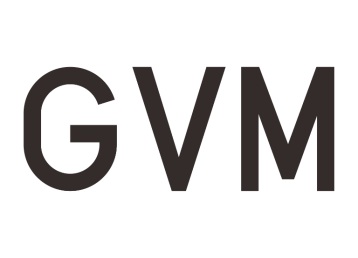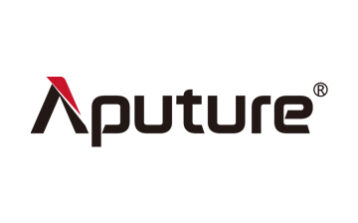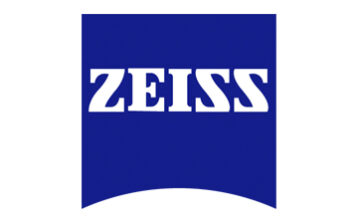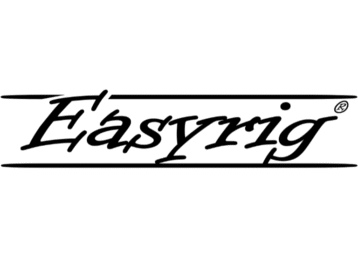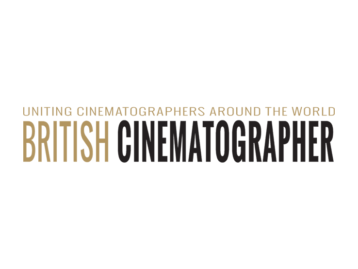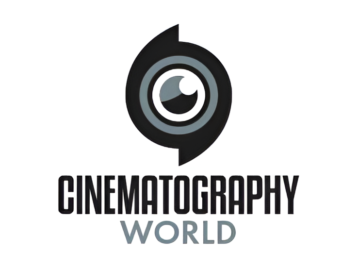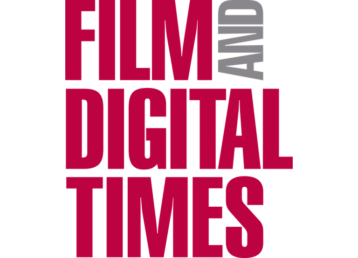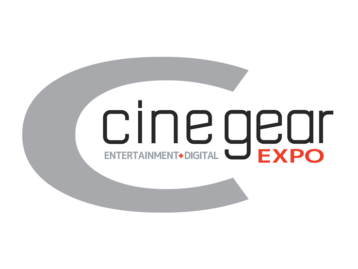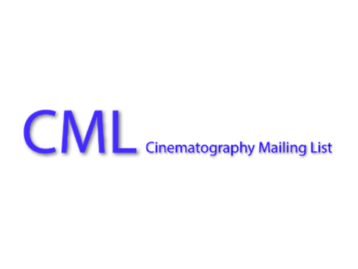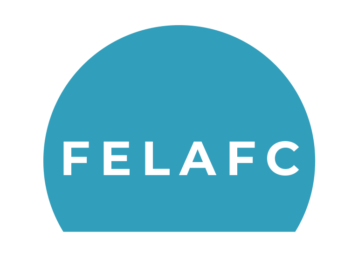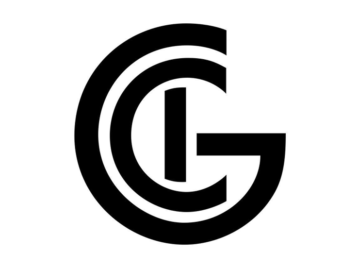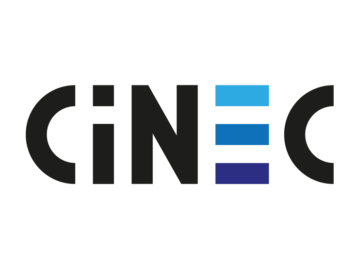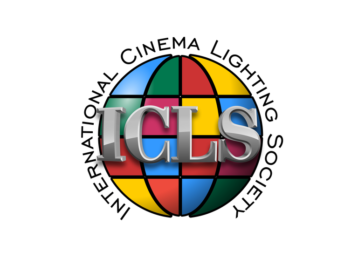FRANCE
(Richard Andry/ Robert Alazraki): we represent the AFC, and we gave you the situation in France with the general opinion in the AFC. But my personal feelings are a little different. I find that the more I work, and not only myself, and not only in France, the more we loose the respect in our work. I think it is coming from the apparently easy use of the digital tools, which give the idea that we are not essential in the making of a film. The tendency is to do most of the technical choices before the DOP is on board. It is often that we are asked to shoot a film on a production which has already chosen, or bought, the camera. Or the format , or the lenses, sometimes the crew. The competition for a job is too often a competition on the lowest salary. And I cannot count the number of my colleagues who could not finish a digital grade on a film where they should have been responsible for the image. In the same time we are trying to obtain a “droit d’auteur” and to be called the author of the photography. Will it help us to recover the responsability and respect we demand?
We should maybe stop making a difference in the way we see ourselves, I mean are we artists or technicians. The important is to keep control of our image. After all the work we do with the director and his other collaborators during the pre-production, the shooting of the film, and the post-production, we cinematographers have to be able to conclude and deliver to all the spectators the image we dreamt. We spent a lot of time writing the AFC Charte, where every aspect of our responsibility and our duties are described. Everybody found it important, and forgot it instantly. Getting a moral right will certainly help us to defend our craft, and only a law will do it, but isn’t it too late? We could perhaps obtain author-rights for the DOPs, but will the DOPs still exist in a few years?
——————
Sorry, but In France, the word “copyright” sounds like an insult. So, please, dear colleagues let speak about “droits d’auteur” : author’s rights that will help us not to fear our colleagues.
The filmmaking poses the dual problems of its creation and its production.. Unlike the editor who publishes the book after the author has written it, the producer of the audio-visual work is giving the technical and financial means to the authors to make it. One might consider that their efforts merge into a single result and store the film among the collective works, which should confer author right to the producers . It should be also possible, in accordance with a prevailing opinion, that the director would be the only true creator. Article 14 of the French law of March 11, 1957 ruled differently. He did not give the authoright to the producer, and stores the audio-visual work among the works of collaboration. He applies the principle of law resulting from the creation and linked to the individual. » “Have the authorship of a film, the persons who bring intellectual creation in the making of the work” It then presumes as co-authors, unless proven otherwise, a list of people:
1-The author of the screenplay, 2-The author of the adaptation 3-The author of the dialogue, 4 4-The author of musical compositions with or without words, specially composed for the work. 5-The director.
So, the director did not rule, he is only one of the co-authors. The list is not limited. Other participants could claim to have contributed to the creation of intellectual work. But they have to prove it. The rule is not entirely satisfactory: the producer has to face the risk of a long list of co-authors. And some experts such as cinematographer and set designer may feel frustrated. In 1957, directors of photography have chosen not to be in this list, but it was 52 years ago… According to the principles established by the Act of March 11, 1957 and preserved by the Act of July 3, 1985, authorship has “intellectual and moral attributes ” and “attributes of an economic nature” The attributes come together in the same authorship. They proceed from the same creative source. But they operate quite separately.. Indeed, the economic right is transferable while the moral right is not.. Both are transmitted by death. But the property law is limited in time (fifty years after death), while moral rights are perpetual. Whoever transfers or sells his authorship in fact sells only the economic right.. He retains his moral rights attached to it, as in filiation or paternity. What is the moral right?. It is the right for the name and quality of the author and for his work to be respected. Questions that arise: Can the cinematographer claim an authorship in a film? Is he one of the persons who brings intellectual creation in the making of the film ? If the answer is NO then what is the quality of his participation? But if it’s YES as it could naturally appear for someone who knows the efficiency of the DP’s work on a set, then he is a co-author, and what are the means of action? After consulting our law advisers, we could have three forms of action. 1- In the CNC (French national Administration Center of the Cinema) we are already considered as collaborators of creation. We could ask to be legally added to the non limited list of co-authors. This would give us moral and financial rights . We will receive a percentage, even little, on the rights. But more important for the AFC members, we could make sure that we are legally responsible for the respect of the integrity of the film, even in court. For that we need to lobby in the French parliament, and it is not, currently, their priority. 2- A legal action, case by case; Our last court actions were lost. The Glasberg case. Jimmy Glasberg, one of ” Shoah” Dop’s, after a long procedure, and after having prospected the domain of interpretation rights, had to find an out of court agreement. Laurent Chalet was the Dop on ” La marche de l’empereur “, shot most of the film in the north without a director, was not accepted as a co-author by the court , who said that any Dop would have done exactly the same images. 3- Cultural actions, through newspapers , festivals, schools… Principal issues for a AFC action. First: Financial risks taking private case to court. Societies of Directors contest we are co-author, and some of cinematographers colleagues don’t want to argue with them. For a lot of our colleagues, it’s a danger for our social advantages (welfare, financial help during unemployment, vacations, decreasing of paycheck). Can a united European action influence the French Cinematographer’s Author’s rights situation ? We hope so.
DOCUMENT FROM 2004
AFC statement on the Dop « Droits d’Auteurs »
1 – French definition of the « Droits d’Auteurs »
Created by Beaumarchais in 1791, the french « Droits d’Auteurs » is a first « world wide » original idea.
First it brings financial rights though collecting and distributing societies, but it also protects the work cultural identity and the liberty of creation.
Above all, it preserves the integrity of the work.
Moral right is non-transferable and stays the author’s ownership.
We are talking about, Cultural Identity of the European Productions facing the « Copyright ».
The « Droit d’auteur français » is very criticized due to the preference given to the authors versus the producers prefering the copy right law, in favor of liberal economics.
Even in the european law,(Bern 1986) one amendment showed up in the resolution : Instead of « Moral right is not respected when an action lowers the integrity of the creative work » we can read « Moral right is not respected when an action lowers the moral dignity and the authors honour » Legal action is not easy, because very hard to evaluate.
This is the result of pressures of copy right law supporters.
In the AFC’s reflection, after consulting our attorney Bernard Edelman – a specialist of Author’s rights, – the first step would be to find a political entity proposing a new law project (a senator, or an other member of the chambers) recognizing the DoPs as co-authors and then eligible for creative rights. In the french National Cinematography Center, – the legal authority of Production in France – DP’s are : Head of departments and creative collaborators. This moral right is also a financial right and would probably help us to collect points, even if this is a very low percentage, in the sharing of the financial rights.
With this recognition, we could with our knowledge and competence control the integrity of the work and if needed go to court.
2 – DP’s in France.
In 1948, when societies for collecting authors rights were created in France, it was also offered to cinematographers who in turn refused prefering remaining employees with the privileges of the social laws, fringe benefits…
A/ How it works in France.
Cinematographers are employees in the film industry, through the pay roll system, wich then allowed them to get :
a collective bargaining agreement, controlled by the CNC, unions and producers, (« Convention collective »)
good social coverage,
health plans and retirement,
paid vacations,
unemployement benefits.
B/ Financial supports to french Cinema and associated industries
We are recognized by the CNC and awarded a DP’s national card which, production needs, to benefit multiple national helps or endowments to the film industry. You cannot start a feature film with a DP not having the CNC card, like other heads of departments.
France has a policy to support and help national technical industries « loi d’agrément » support law to production, and loan on pre-sale box office (« avance sur recettes ») which you have to reimbourse after a successful box office.
In case of co-production with a french financial majority there is an obligation to hire french techniciens.
3 – Debates and contreversy « Droits d’Auteurs » in the AFC’s membership.
Key technicians, creative collaborators, the person in charge of the photography of a film, co-author of the image of a film, not every AFC’s member seems to agree on an ideal definition.
Some of us think that the quality of « Auteur » might isolate the DP in his own crew, because of his different status – « artistic – auteur » status.
Being awarded the author quality, could induce producers to try to lower our salaries which would in turn important changes in fringe benefits already existing in commun french productions and this is becomming mor and more crucial with the new technologies.
Modern post-production, film new technics and digital cinema, including their broadcasting by remote systems, cable or waves, could modifie responsabilities of the DP and generate loss of control quality image if producers re not obliged to respect the original work.
4 – Targets of the A.F.C.
A – The AFC would like to modifie and actualise the basic agreement of the Dps including all needed changes by new technology existing and to come.
B – The AFC DP charter will be a joint effort with all the differents parts involved in the concept of the image : producers, production and post-production managers, labs, color supervisors, editors and of course directors.
Being legally co-authors of the image of a movie, through this charter, allowes us, without having any artistic difference with directors, to saveguard the visual integrity of a movie.
5 – Actual initiatives
A / Photo exhibit generated from photograms of « Hell Anatomy » directed by Catherine Breillat and photographes by Yourgos Arvanitis a.f.c. and Guillaume Schiffman a.f.c.
Catherine Breillat recognize the status of co-author of images to Yourgos Arvanitis and Guillaume Schiffman and give them a percentage on the stills sales.
B / Jimmy Glasberg a.f.c. brings the production of Claude Lanzman to court for fraudulents use of photograms of the picture « SHOAH » on which he was the DP : the photography was credited to an image broker, signed by him, and was on the main cover of the DVD.
The A.F.C. supports fully the action of Jimmy Glasberg against this company.
C / Initiative for a ulity label for pressing and tranfer for elements involved in the making of a DVD
D / Tatoo of original elements of movies insuring tracability of the DP choices.
E / Défense and protection of H.D broadcasting parameter
